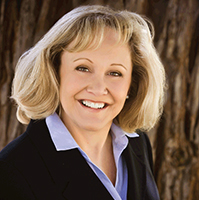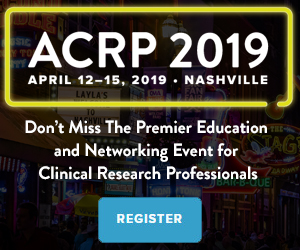Updated expectations in the International Council for Harmonization’s (ICH’s) guideline for Good Clinical Practice (GCP) E6(R2) are changing the way institutions and investigators calibrate and implement appropriate and adequate approaches for qualifying external labs and other testing facilities, and for ensuring oversight of many of the trial-related tasks delegated to those outside organizations. Industry has been bracing for these changes for years, yet they still caught some practitioners off guard.
Roles and responsibilities are often clear on paper, but not always so easy to decipher in the real world. For example, clinical investigators may understand how to manage their direct staff, says Liz Wool, RN, BSN, CCRA, CMT, but might be fuzzier when it comes to their responsibilities for managing lab personnel or specialists who are outside their direct employ but contributing to the clinical trial. Wool is president of Wool Consulting Group Inc.
Academic sites are “having people outside of their organizations conduct the clinical trial without any oversight [and] without any qualifications,” Wool says. “Those people are responsible for data quality, data reliability, and human subject protection.”
While it’s obviously important to comply with any new regulations on their own merits, savvy practitioners might view this project another way. “People can use this as an opportunity for process improvement,” says Erika Stevens, principal with Recherche Transformation Rapide, LLC. Strong due diligence and documentation components are keys to any successful program, she adds.
Post-ICH GCP E6 R2: Institution/Investigator Qualification and Oversight of External Parties in Clinical Trials
Join Liz Wool of Wool Consulting Group, Erika Stevens of Recherche Transformation Rapide, and Dr. Lionel Lewis of Dartmouth Medical School at ACRP 2019 this April for an in-depth review how ICH GCP E6 R2 impacts external party qualification and implementation of oversight of delegated trial-related duties, functions, activities, and tasks. Their session reviews the requirements and includes a panel discussion with experts in institutional research administration, operations and compliance, GCP compliance and a clinical investigator on how to implement the requirements, and how the sponsor/CRO study managers and site monitors are to monitor and manage the investigator/site.
“You have to be able to show you can track and document the mitigation plan” when addressing any shortcomings, Stevens says.
“We need to train our site monitors, our study managers, and our auditors to [understand] these new requirements” to implement changes, but then do a deeper dive to evaluate site solutions, Wool agrees.
The roadmap to compliance is there, if you know where to find it. “What’s very important to understand with this is that [the ICH GCP E6(R2) updates were] actually benchmarked” to a U.S. Food and Drug Administration guidance from 2009] that addresses the responsibilities of trial supervisors and investigators, “and they actually describe this and give some very nice examples in there,” Wool says.
Author: Michael Causey




